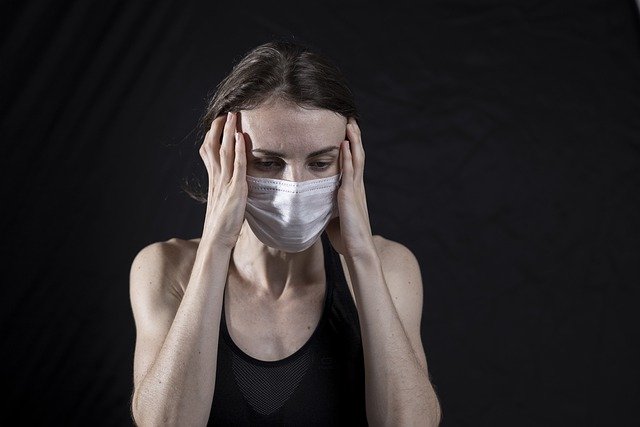Everyone knows that stress has significant psychological impacts. It can cause you to lose sleep, feel anxious, or even sink into a deep depression. Fewer people, however, recognize the physical effects of stress on the body, which can be just as serious. In other words, if you haven’t been feeling like yourself lately and you can’t quite figure out what’s wrong, pandemic stress could be to blame – but finding healthy ways to manage your stress can help.
Common Effects Of Stress
When we experience high levels of stress, our bodies release a variety of hormones, resulting in physical changes, like loss of appetite. We may also manifest certain physical behaviors, like muscle tension and jaw clenching, that can cause headaches.
Most people have experienced something like in acutely stressful situations, such as having to give a speech or take an exam, but the longer a stressful situation continues, the more likely you are to manifest some of these common effects of stress. Given the intensity of our current situation – an uncontrolled pandemic sweeping the nation – you may also experience some less common physical manifestations.
Losing Your Hair
Losing your hair due to aging or illness can be stressful – but did you know that stress can cause hair loss? It’s true, and it can actually occur in several different ways, including trichotillomania (compulsive hair pulling), alopecia areata (an immune response that attacks the hair, in this case, triggered by stress), and telogen effluvium (when hair growth enters a rest phase). But the big question is, what can you do about it?
It’s important not to let hair loss be another thing causing you anxiety. Trichotillomania can be treated through therapy and medication, while telogen effluvium is a temporary state; many women also experience this issue after pregnancy. While alopecia areata can be hard to treat, low level light therapy has proven effective at stimulating hair follicles and encouraging regrowth.
Absolute Exhaustion
A number of outlets have written about quarantine fatigue, meaning a kind of mental exhaustion and frustration with being in quarantine that can lead people to make reckless choices, but that’s not the only type of fatigue that people are experiencing. Many people are just plain tired. Why is that? Simply put, it all comes back to hormones.
When we’re experiencing stress, out bodies release cortisol in preparation for action, and in the short-term that can be energizing. When we remain in a state of elevated stress for a longer period of time, though, that constant cortisol release leaves our systems unbalanced, which can cause fatigue, along with disrupted sleep, and even a weakened immune system. Given how importance immune function is right now, it’s important to find outlets for that stress so that we remain in good health.
A Weighty Matter
Finally, one of the other common but stressful side effects of persistent stress – and one that is also tied up in excess cortisol production – is weight gain. That’s because, while brief, acute stress may lead to loss of appetite, people often turn to food for comfort during lasting stress events. Combine that with high cortisol levels, which can cause our bodies to store more fat, and we have a recipe for disaster, or at least for weight gain. Now isn’t the time to worry over a few extra pounds, though. Most people are experiencing physical changes in the course of this pandemic, and until the stressful situation passes, there’s not a lot we can do about it.
At a fundamental level, our bodies understand stress – but they primarily understand it as time bound, driven by the kinds of threats we rarely encounter anymore, like animal attacks. Faced with chronic stress, though, our bodies respond as they might have during times of famine in the past, with rest and calorie hoarding. We have entered a kind of physical hibernation, and while we may not appreciate the results, our bodies are built to survive.




